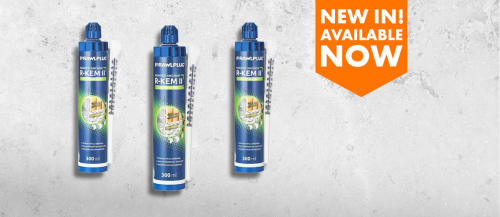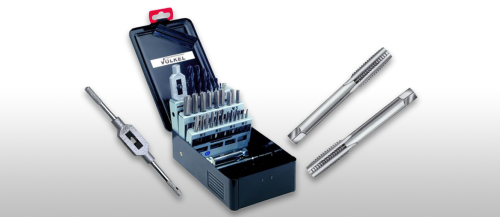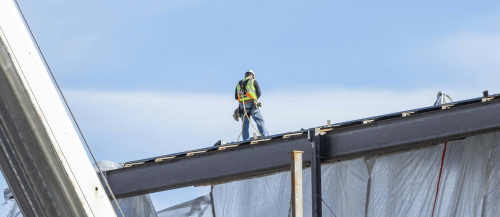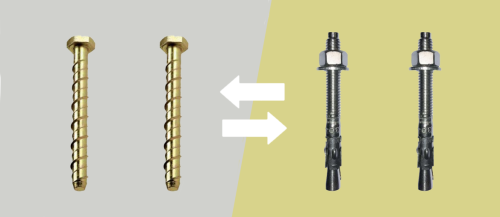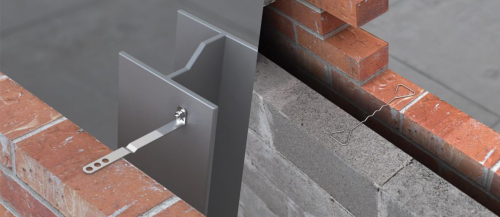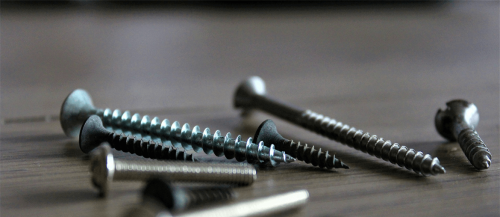This site uses cookies to help deliver its services and analyse traffic.
The EU files a WTO request of illegal export restrictions
The EU has made a request for the establishment of a panel at the World Trade Organisation (WTO) to investigate the elimination of unlawful export restrictions that have been imposed by Indonesia. These restrictions have been placed on raw materials required for the production of stainless steel including nickel ore and iron ore.
It is stated that these imposed measures illegally restrict access for European Union steel producers to raw materials required for stainless steel production. The European Union in its panel request is challenging Indonesia’s long-established and varying nickel ore export restrictions. Indonesia introduced a full ban on exports of nickel ore in January 2020, reserving it for Indonesian stainless-steel production.
Valdis Dombrovskis, Executive Vice-President and Commissioner for Trade was quoted as saying: “Following repeated attempts to resolve this issue directly with Indonesia, the EU is now forced to take action and refer this issue to the WTO. We will always act to protect the rights of our economic operators and safeguard the level playing field for EU producers. The fact is that no WTO member is permitted to restrict exports of raw materials in this way, imposing illegal restrictions to favour domestic producers. We will take the necessary measures to restore fair conditions for the EU steel industry, as is our right, and as we have undertaken to do as part of our implementation and enforcement agenda. These are very challenging times for the EU steel sector, which is faced with global overcapacity, illegal subsidisation, and other trade-restrictive measures, as well as the COVID-19 economic crisis. We will take every possible action to support our steel operators in this difficult environment.”
Indonesia is projected to become the second biggest producer of stainless steel in the world after China. Some in the industry say this growth is being fuelled by unfair and illegal practices and advantages such as the ones challenged in this dispute by the EU.
Indonesia also enforces domestic processing requirements on nickel ore and iron ore, which forces Indonesian businesses to carry out additional processing or purification operations on their raw materials in Indonesia before exporting them around the world. This further restricts exports of unprocessed raw materials. According to the EU, these measures are inconsistent with the prohibition of export restrictions in Article XI:1 of the General Agreement on Tariffs and Trade (GATT) 1994 which is the reasoning behind the EU’s actions.
Latest from BS Fixings
New In! Rawlplug’s R-KEM2 Polyester Styrene-Free Resin
We're pleased to share something special with you – the Rawlplug R-KEM2 Polyester Styrene-Free Resin 300ml has just landed at BS Fixings! This ingenious resin is designed for use in...
Continue readingIntroducing the Premier Volkel Range!
At BS Fixings, we are proud to stock a fantastic range of products from many well-known names in the DIY and construction market, and we’re excited to extend our catalogue...
Continue readingWill There Be a New Era for the Roofing Sector?
In a recent development that has major implications for the UK’s construction and roofing industries, the National Federation of Roofing Contractors (NFRC) in collaboration with Glenigan, released the findings of...
Continue readingWhat’s the Difference Between an Anchor Bolt and a Through Bolt?
When it comes to securing anything from the lightest of fixtures to the heftiest of machinery, the importance of choosing the right bolt cannot be overlooked. It’s the kind of...
Continue readingWhat is the Difference Between Type 2 and Type 4 Wall Ties?
If you’re struggling to find the right wall tie for your construction project, you are not alone. Wall ties, essential for the structural integrity of buildings can often lead to...
Continue readingWhich Types of Screws Don’t Rust?
Have you ever poured your heart and soul into a project, only to watch it slowly degrade to rust? It’s a common tale of frustration amongst DIYers and professionals alike...
Continue reading
